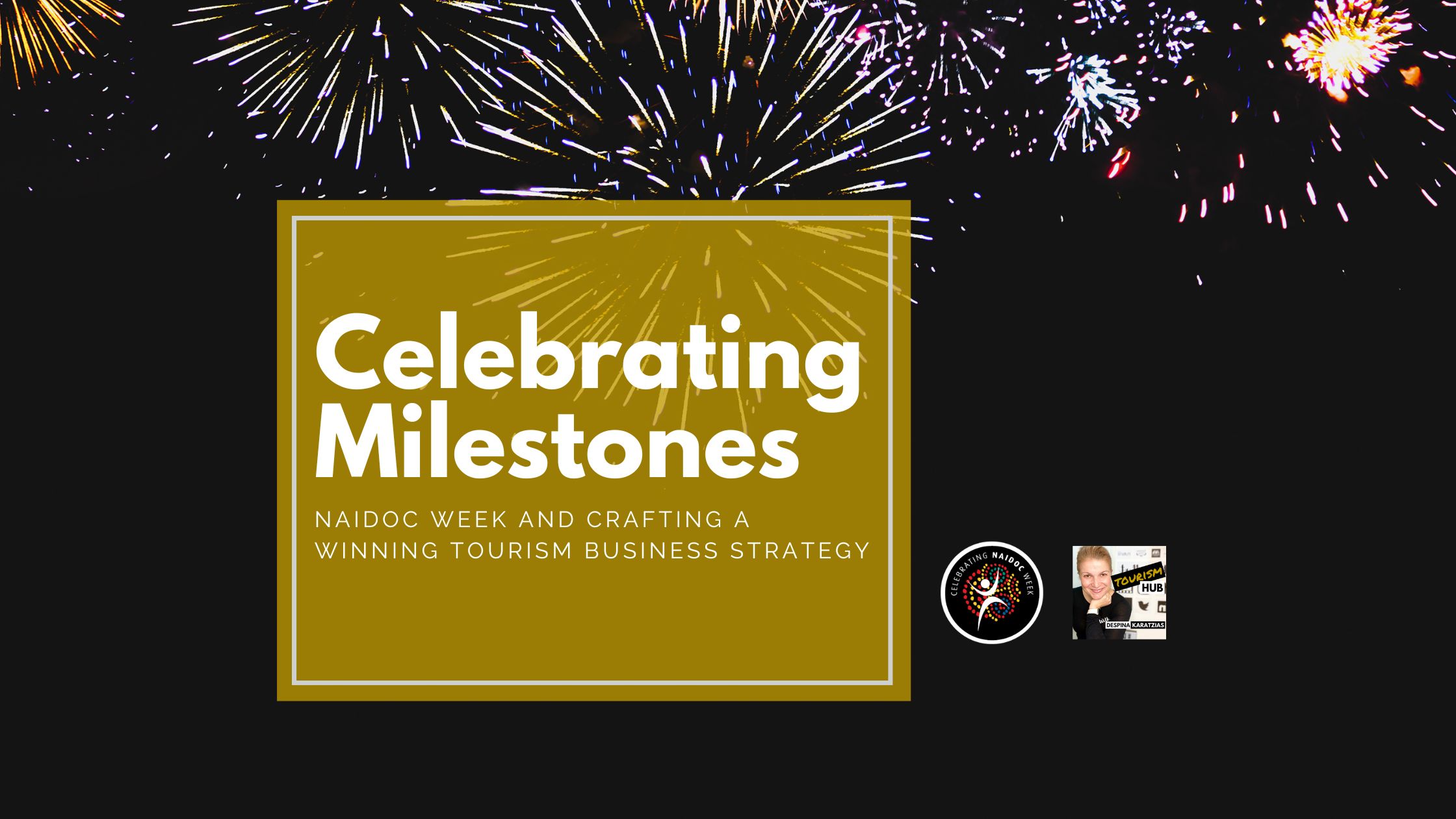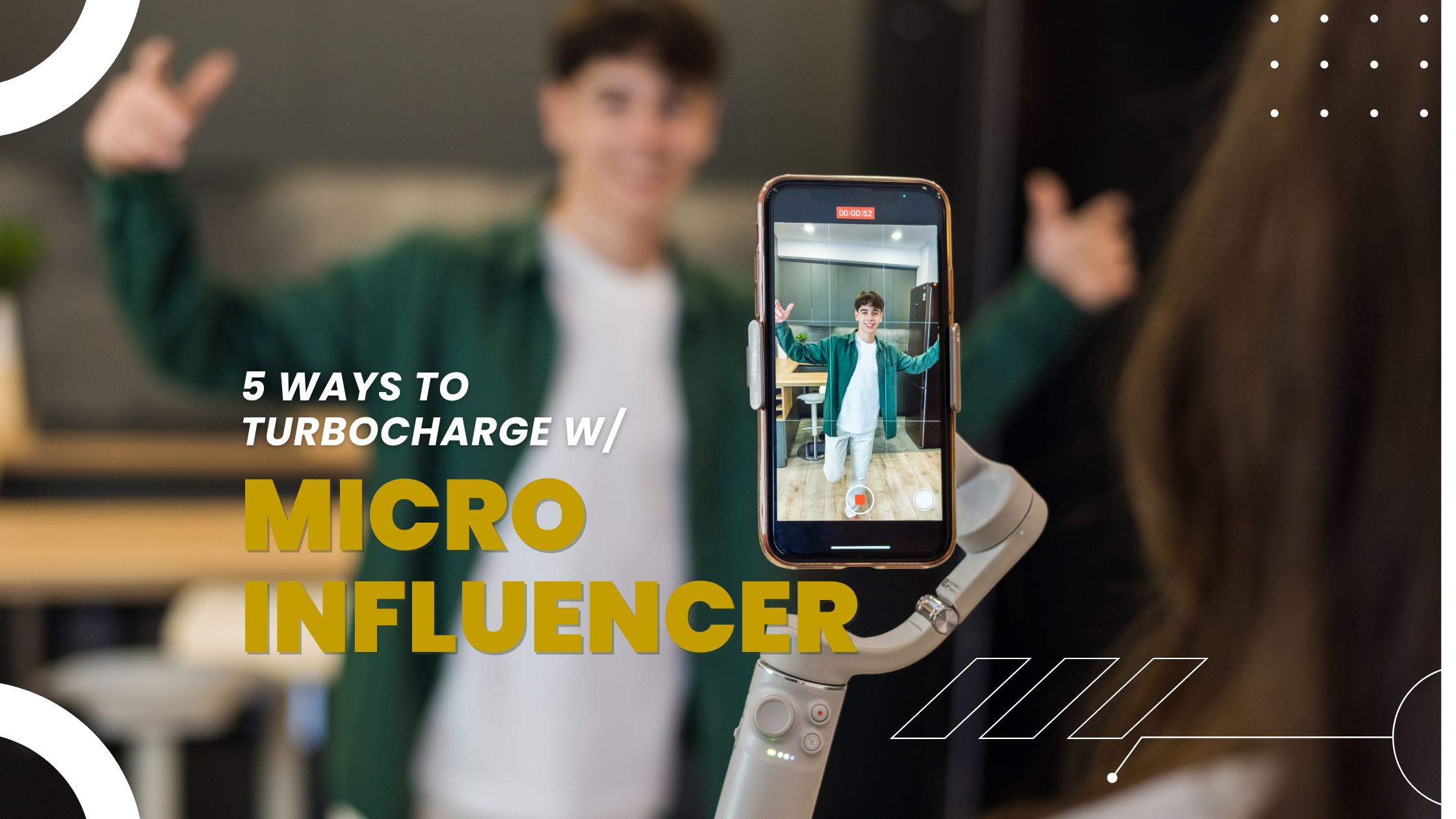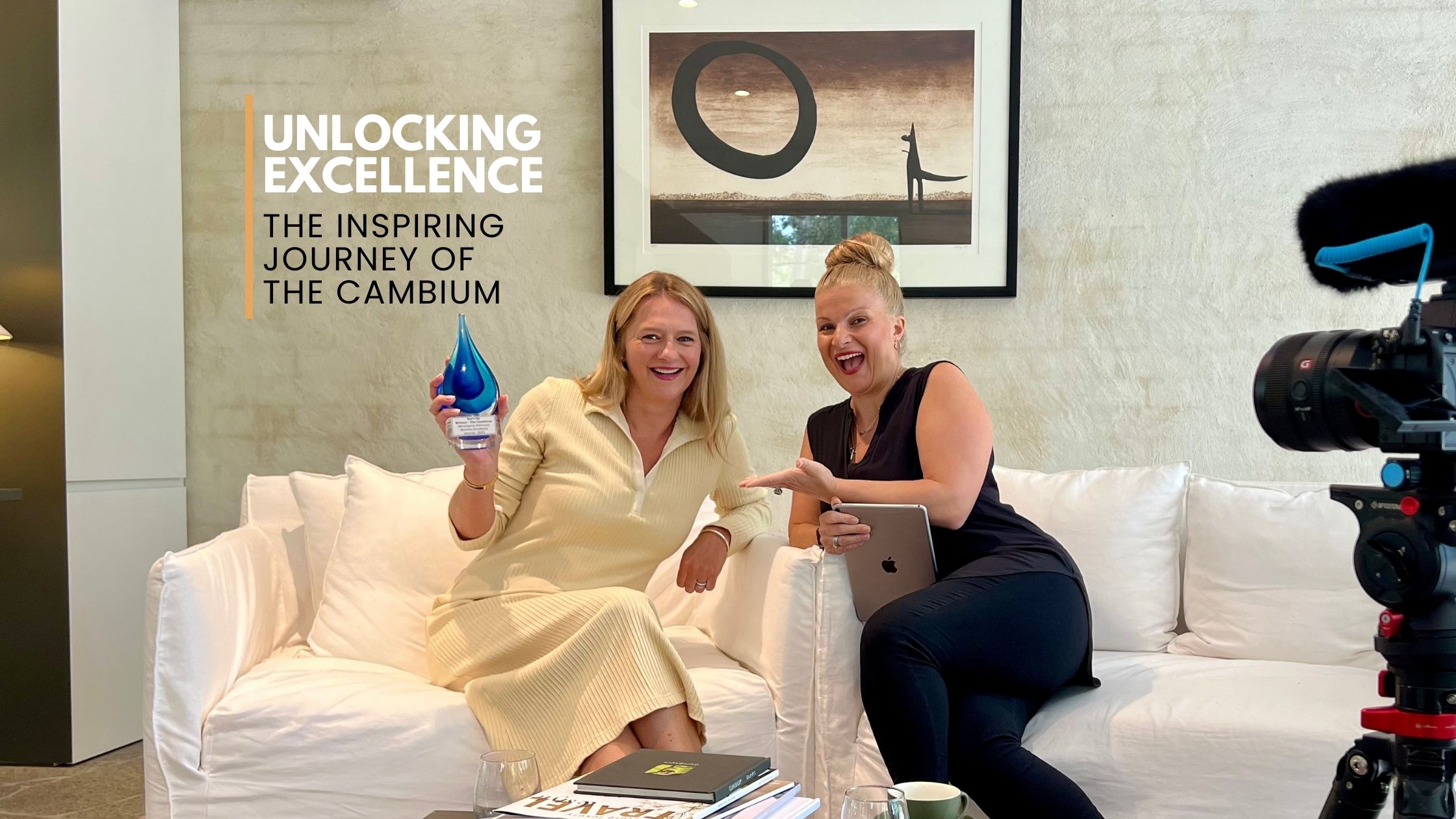Neuro Linguistic Programming (NLP) consists of very effective techniques that give you back choices that you didn’t know you had. Even more than that, it is an attitude of curiosity, of wanting to learn new things, and explore possibilities. In order for anything from NLP to be successfully applied, there are five basic principles that need to be respected.
1. Know Your Outcome
You need to know your outcome. Knowing your outcome is important but it’s even more important to ensure that your outcome is well thought out and will be useful.
In NLP a well formed outcome must comply with certain criteria, i.e. it must be:
- Stated in the positive by focussing on what you want not what you don’t want
- Sensory specific knowing specifically how you will know when you have this through the use of our five senses.
- Contextualised to ensure that we have them under appropriate conditions. For example where/when/with whom do you want this resource?
- Self achievable by having access to appropriate resources as and when we need them.
- Ecological by always ensuring that your outcomes are balanced and ecological by answering YES to three questions: Is it good for me? Is it good for others? Is it good for the greater good?
- Worthwhile by making sure that your outcome is something that truly has a useful, positive impact on your life whether directly, or by enhancing the lives of others around you.
2. Take Action
While this might seem self evident, many people do not do that. They make up excuses, or give excellent reasons of why sitting around and doing nothing is the right thing to do. NLP is all about making things happen, for yourself or for others. Things seldom happen when nothing is done to expedite an outcome. Rarely has somebody achieved anything by sitting around pitying themselves, because nothing is happening, so, feel free, to take action now.
3. Sensory Acuity
Many times when we are talking to someone, we are talking to ourselves in our heads at the same time, and once the person takes a breath, we take that as an invitation to give our own opinion. Rarely has that elicited effective change in anyone. Sensory acuity, noticing those minute shifts and changes in others, is only possible when you are paying absolute attention to the person. Listening, looking and having total external focus will lead to you noticing everything that is going on, while also making you a great listener that people want to talk to. So, no talking behind your head!!
4. Behavioural Flexibility
If what you are doing isn’t working, anything else has a better chance of working, so change what you are doing and try something else. Many times we just stubbornly repeat the same thing, yet that has already proven not to work. The more flexible you are in your own behaviour, the more you are controlling the situation you are in, and the better you become as be a communicator in general.
5. Physiology of Excellence
Operating from a totally resourceful state will empower you, and as states are quite contagious, it will also empower whoever you are with. If you are not feeling too hot, change that, by adopting a physiology of resourcefulness and firing off anchors that make you feel good.









